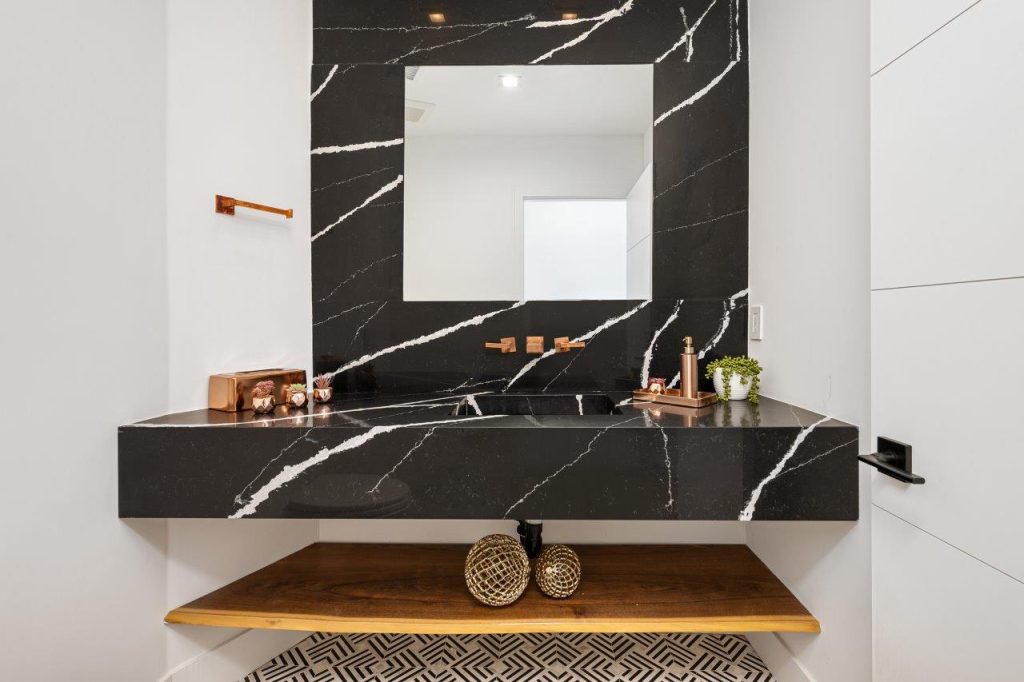1. Start with Clear Communication
- Create a task list: List out the cleaning duties you expect (e.g., mopping, dusting, bathroom cleaning).
- Discuss expectations upfront: Clarify how often each task should be done and your standards for cleanliness.
- Ask for input: Your maid might suggest more efficient ways to handle some tasks—they often have great practical insights.
2. Set a Realistic Schedule
- Daily/Weekly/Monthly tasks: Break chores into manageable chunks. For example:
- Daily: Sweeping, dishes, kitchen wipe-down
- Weekly: Mopping, deep bathroom cleaning, changing linens
- Monthly: Cleaning windows, fridge, organizing storage areas
- Avoid overload: Ensure the amount of work fits into the paid time frame.
3. Use a Checklist or Cleaning Plan
- Printed or digital checklists help keep things organized.
- You can use a whiteboard, shared notes app, or printed planner.
- Checklists ensure nothing is missed and reduce back-and-forth reminders.

4. Give Feedback (Kindly)
- Be specific and respectful—praise what’s going well, and calmly address any concerns.
- Avoid micromanaging. Trust builds over time when tasks are handled well.
5. Provide Proper Tools & Supplies
- Ensure your maid has easy access to:
- Cleaning products (non-toxic, if possible)
- Fresh rags/sponges
- Vacuum, mop, gloves, etc.
6. Set a Routine Check-in Time
- Once a week or month, have a quick 5–10 minute chat to:
- Review what’s working
- Discuss any changes or special requests
- Address questions from either side
7. Respect Their Time and Boundaries
- Don’t add last-minute tasks without checking if time allows.
- If additional tasks are needed (like organizing a closet), consider offering extra time or pay.
✨ Bonus Tip: Be Appreciative
Small gestures—like a thank-you note, offering a drink, or just being kind—go a long way in maintaining a healthy, respectful relationship.